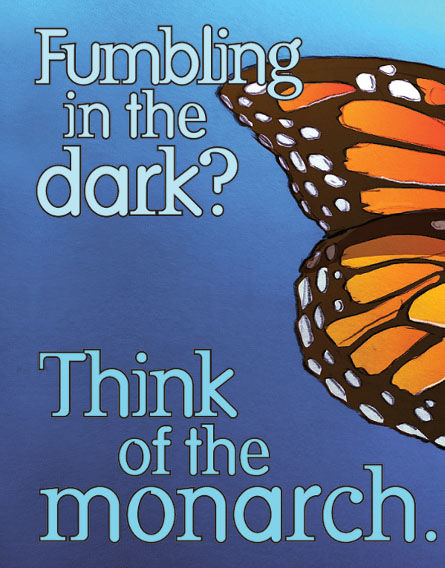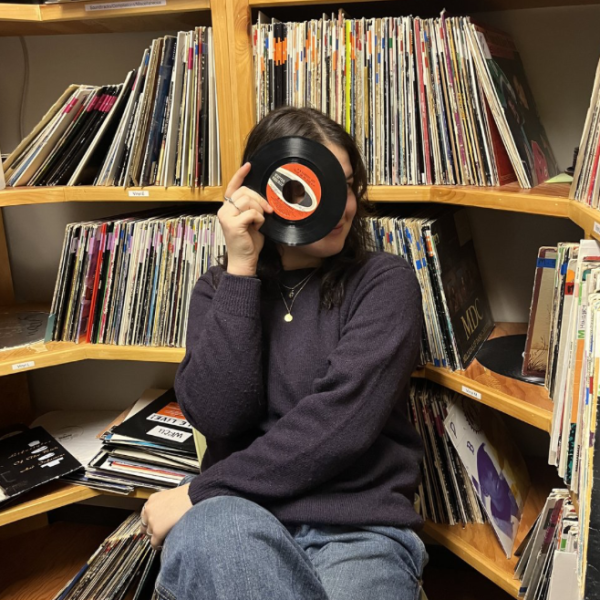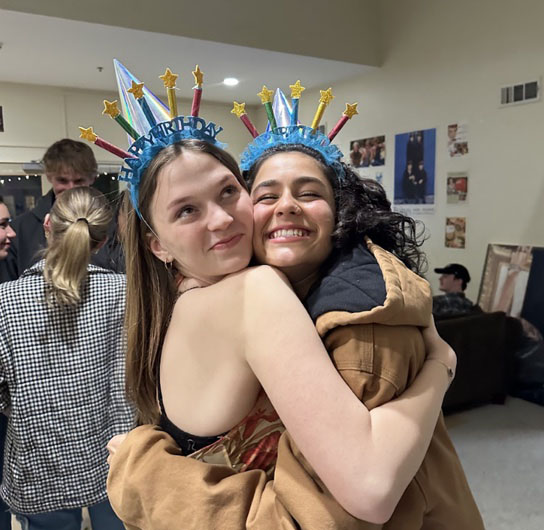SEA Tables to Provide Endangered Species Condoms

Condoms for Endangered Species
Students for Environmental Action (SEA) hosted a table in the O’Connor Campus Center (COOP), passing out endangered species condoms in a partnership with the National Center of Biological Diversity (CBD) on October 22 and 23. The national campaign distributes condoms across the United States in an effort to raise awareness regarding the effects of human overpopulation on wildlife.
Students for Environmental Action is a club run by students who work with the Environmental Studies, Geology and Geography departments, as well as Colgate’s Office of Sustainability, on a variety of sustainability projects. Under the leadership of Co-presidents senior Kate
Hinsche and junior Jaanvi Sachdeva, the club has partnered with CBD to raise awareness about contraception availability.
According to the CBD project’s website, dozens of species go extinct while over 200,000 humans are born every day. Statistics found on the website claim that nearly half of all U.S.
pregnancies are unplanned, and that there are around 200 million women around the world who want birth control but do not have access to it. The project emphasizes that current human fertility rates are unsustainable, and a key method of preventing unwanted pregnancies and births is providing universal access to birth control.
Sophomore Ramy Berenblum, a member of SEA, found the campaign on Facebook and applied to receive a box of 200 condoms from CBD. The packaging had illustrations and funny phrases such as “Wrap with care… Save the Polar Bear” and “Fumbling in the dark? Think of the monarch.” The brand was Glyde, a company that produces vegan and sustainable condoms.
While the project aims to provide contraception to those without access, Bergenblum said bringing the campaign to campus is about making students aware of the issue.
“For Colgate, this was a ‘spreading awareness’ campaign. We are very lucky to have access to contraception, while Africa’s population is set to double by 2050 and they have very little access to contraception,” Bergenblum said.
First-year Ava Horn, who recently joined SEA, said that the inverse relationship of human sex and the environment may not be the most obvious connection for students.
“I support handing out condoms on campus, but at first was confused as to why a sustainability group was handing them out. After hearing about the campaign, though, I understand how this is an environmental issue,” Horn said.
Co-vice president of SEA and junior Christina Weiler said that humor is an important part of the campaign.
“Through humor we make sense of what behavior change means for us in our daily lives, and what creatures depend on us. The laughs that come from the campaign and humorous packaging are a great way of breaking the ice for these kinds of conversations,” Weiler said.
Ani Arzoumanian is a senior from Ridgewood, NJ concentrating in neuroscience with minors in creative writing and anthropology. She volunteers as a firefighter/EMT...










